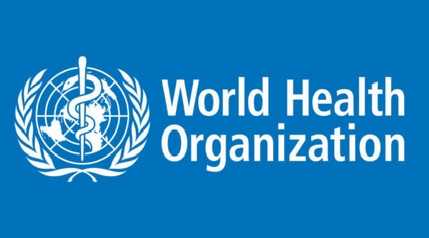
UNITED NATIONS, Dec 01 (APP): Pakistan has urged the international community to provide adequate funding to the World Health Organization (WHO) to assist developing countries in improving their health infrastructures that are under severe pressure from the impact of ongoing conflicts, climate change and global energy crisis, among other factors.
“Developing countries need access to essential health care services and safe, effective, quality and affordable essential medicines, vaccines, latest diagnostics and health technologies, including assistive technologies,” Ambassador Muhammad Usman Iqbal Jadoon, acting permanent representative of Pakistan to the UN, told the General Assembly on Thursday.
Speaking in a debate on Global Health, the Pakistani envoy said the ongoing global health challenges underscored the urgency of a collaborative and comprehensive approach premised on the principles of equity, non-discrimination, global solidarity and burden sharing.
Public health today, he said, was not merely a humanitarian concern but an economic, social and strategic imperative that affects all.
Pointing out that COVID-19 especially highlighted the health systems’ limitations, Ambassador Jadoon said, “It made us realize how unprepared we were, and probably still are. It convinced us of the dire need to invest in the global health security system.”
Pakistan, he said, firmly believes in working collectively to create a health system that is fit for purpose, for all humanity.
In this regard, the Pakistani envoy welcomed the adoption of three landmark political declarations by the General Assembly on pandemic preparedness, prevention and response, universal health coverage and the fight against tuberculosis.
Detailing major obstacles faced by health systems in developing countries, he cited universal health coverage as Pakistan’s key national priority, for which his Government has undertaken a range of initiatives.
These initiatives included issuing millions of health insurance cards; finalization of National Health Support Package 2022-2026; completing of process of localization of health-related SDG indicators to set targets till 2030 at the national and provincial levels; introducing of National Immunization Support Program; Sehat Sahulat Program as part of Pakistan’s social protection system; training programmes for lady health workers; and increased budgetary allocations for health sector, among others.
“Concrete actions at the national, regional and international level are required to secure health for all,” Ambassador Jadoon added.
Several speakers also highlighted the collapsing healthcare sector in the Gaza Strip, expressing deep concern for the state of civilians there who do not have access to medical care.
Saudi Arabia’s representative said her country watched with pain the deteriorating healthcare system in Gaza. She denounced the bombing of the Al-Shifa health complex and the Jordanian field hospital, calling it a clear violation of international humanitarian law.




